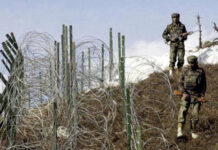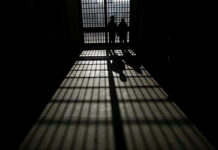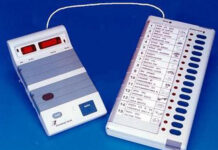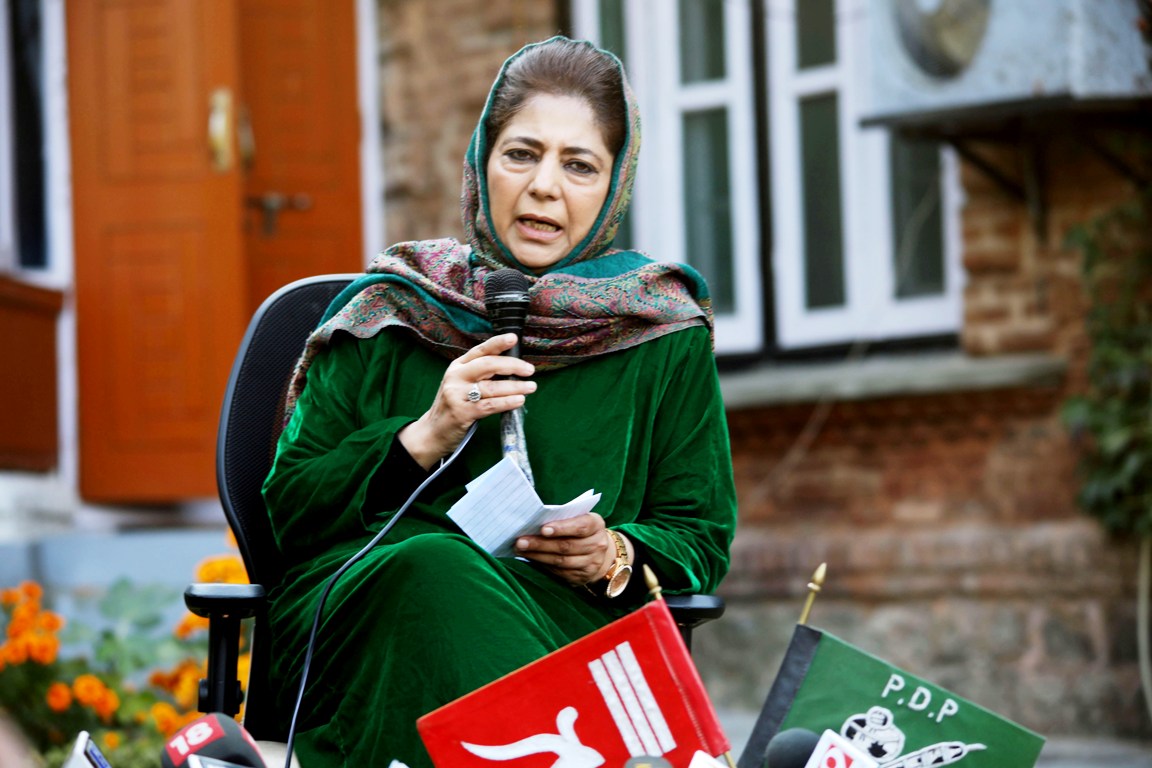by Saifullah Bashir
SRINAGAR: Aisar Javaid, 18, a twelfth class student has to write his examination next month. He studies commerce. As the examinations are nearing, he feels pressurized. Since August 2019, he has not been able to attend school, firstly because of the curbs imposed after the abrogation of Article 370 and then the Covid-19 lockdown. All the while he has to self-study.

“It was only in the month of May that I could reach to the teacher via online mode,” Aisar said. “But the 2G mode continues me to suffer!”
The whole focus of Aisar is to complete syllabus but it now seems impossible for him. “My whole syllabus is incomplete. I do not learn from anywhere nor do I have any concept of subjects. Our tutor is taking our online classes but that is not sufficient. How can he teach us practical’s through online mode”? Aisar asked. It is becoming difficult for Aisar to concentrate on studies. His parents are also in confusion.
Mother of Aisar said: “We cannot force him to study as it may hit him more. Whenever he is opening his books it haunts him as every subject is incomplete”.
The current session is about to end. For Kashmir division, November is considered as the month for examinations. Jammu and Kashmir Board of School Education (JKBOSE) has completed the process of form submission of his class. The form submissions process is on for tenth class. Despite announcing 30% relaxation in exams students are in huge distress.

Students who are pursuing different professional degrees in different streams are not exempted. Students of journalism and mass communication, BCA, Nursing, BBA, B Com, all are trying to cope up with stress.
Syed Uzma, a journalism student is “short of words”. She is in the third semester but like other students, she has not attended college and for her, it is “most traumatic”. She wrote her exams of the first and second semester through online mode and is preparing for the third semester, which is likely to be conducted through the same medium.
Uzma said: “As a journalism student it is more disturbing to sit at home and not doing fieldwork”. Our college, she said, has started online classes but that is new for me. With 2G services that is more difficult to handle”. While describing her mental health status she said “I do not think that I am in my senses. I am not even able to set my next day’s plan. It is like someone has trapped you and you cannot free yourself. It is unofficial detention”.
Pertinent to mention JKBOSE has announced a mass promotion for tenth and twelfths bi-annual students but no such relaxation has announced for university students.
The pandemic has also affected the teacher-student relationship. Students are not able to co-operate with teachers while attending online classes. Teachers are anxiously waiting for the resumption of classwork in educational institutions. Dr Suhail Ahmad, head of the journalism department, Cluster University Srinagar, told Kashmir Life that “the prolonged lockdown has taken its toll on students. There is a palpable change in the behaviour of students” told Suhail.
In the first days of lockdown, it was a bit fine. But as lockdown got extended the situation worsened. “This is not the ideal situation for the mental wellbeing of students. The pandemic fatigue has set in and it is not surprising to see the unease in students” Suhail added.
Mental health experts are witnessing an increase in the number of patients of mental illnesses like Obsessive-Compulsive Disorder (OCD), depression and anxiety. Dr Maqbool one the leading psychiatrist said: “the mental health of youth is degrading at an alarming rate. Due to successive lockdowns in valley youth is lacking interest in their respective fields or studies. The lack of socialization, no- formal schooling and face to face interaction with peers and being confined to four walls adds to the misery. So, it directly affects their mental health.”
Continuous online classes also took a toll on the mental health of students. Continuous use of gadgets, like smartphones and laptops are taking a toll on the health of youth.
Most of the students spend their maximum time on social media and online games. Students said that it was the only way to come out of stress. “I spend more than four hours daily on online games and social media,” said Ubaid Wani, a twelfth class student. Ubaid has only completed 40 per cent of his syllabus. “Online was not fruitful. So I remained out of touch with books” he added.
“We should engage youth in multiple indoor activities. We should encourage youth to play indoor games. Also, the lockdown has bit eased, they should be allowed to have short travel trips but follow SOP’s strictly. The threat of Covid-19 is still here and it is indeed a deadly virus” Dr Maqbool added.

Earlier, authorities have decided to open schools “on a voluntary basis” but there is no positive response from parents and they cited lack of “basic facilities” in schools. In certain cases, a small section of the students did report to the schools but could not do much because of the SOPs they are supposed to follow. For many, however, it was a good outing and a way out for the protracted boredom.















